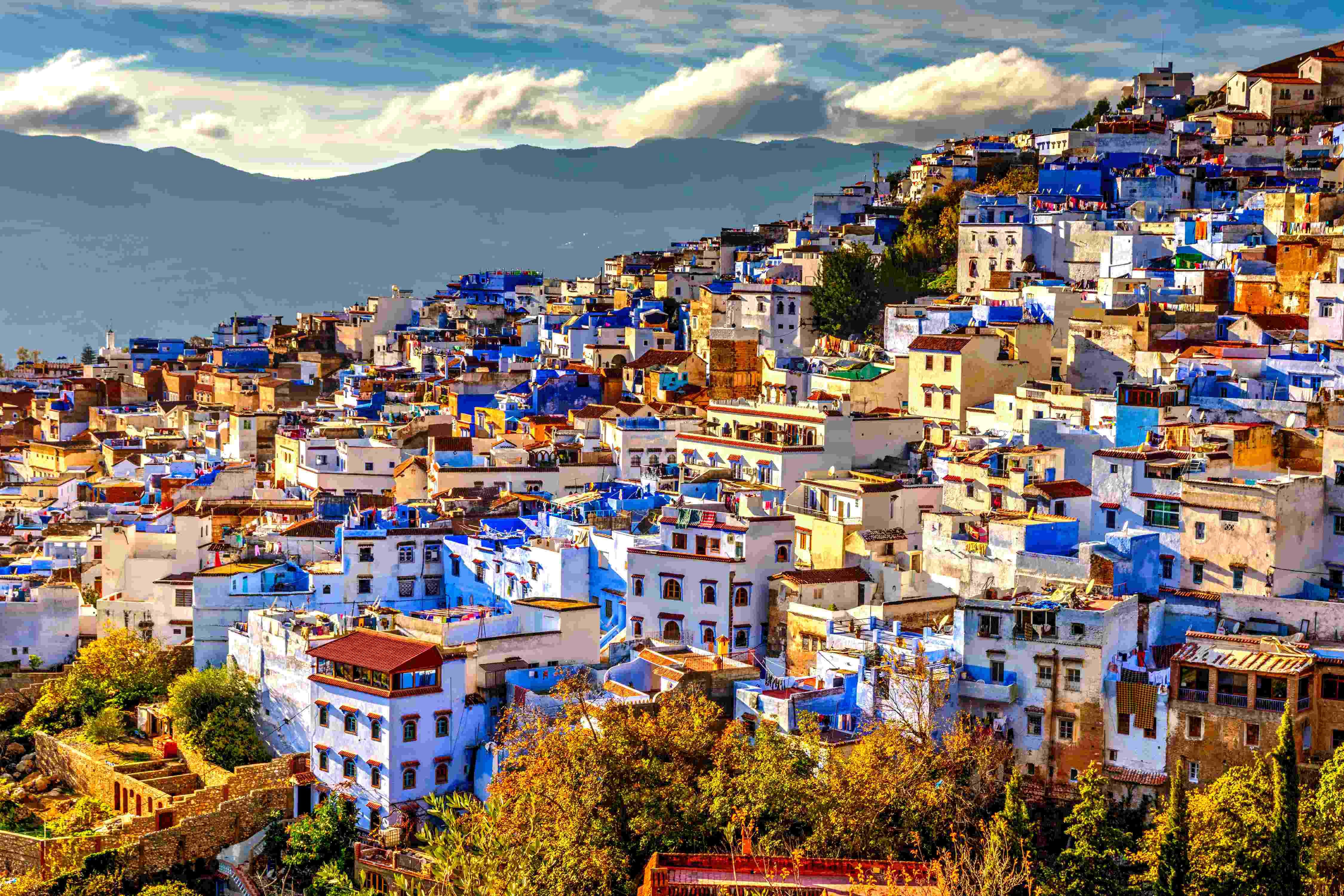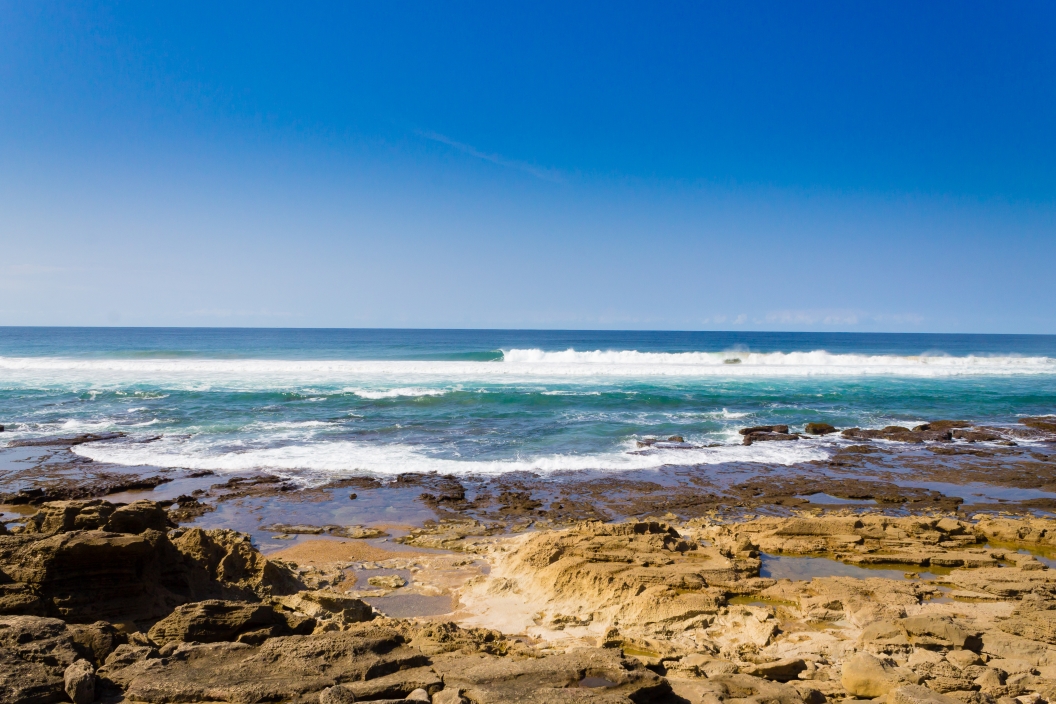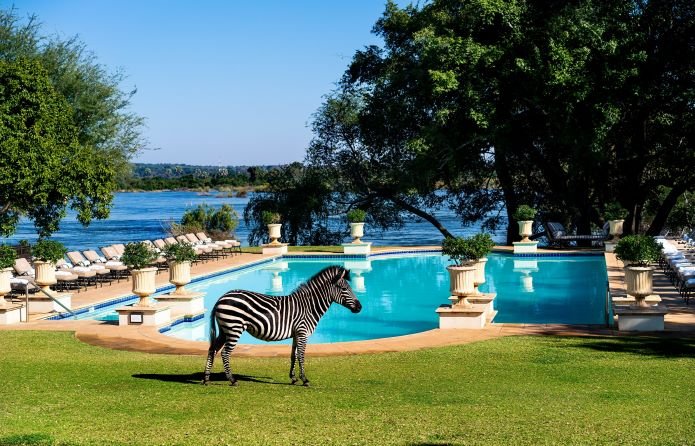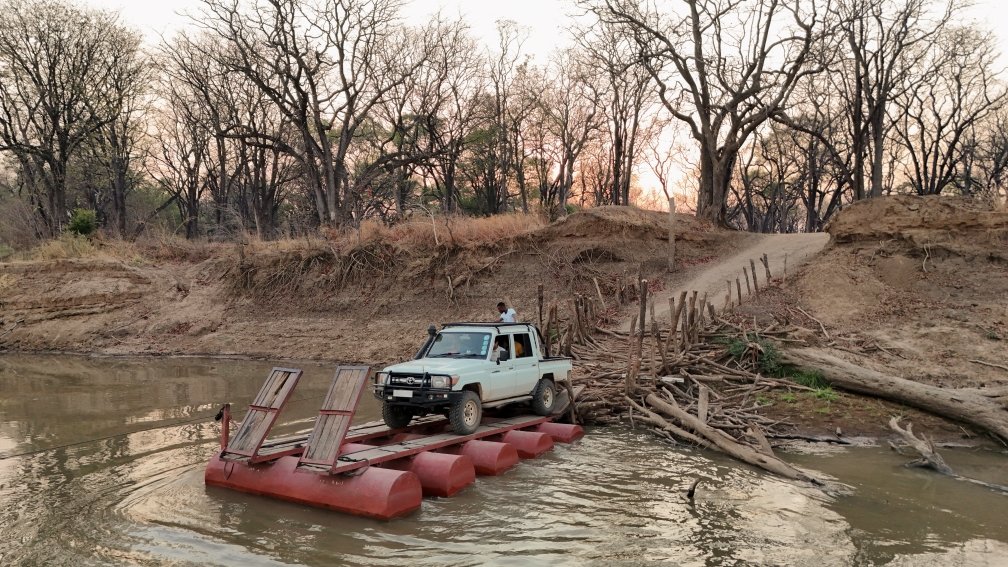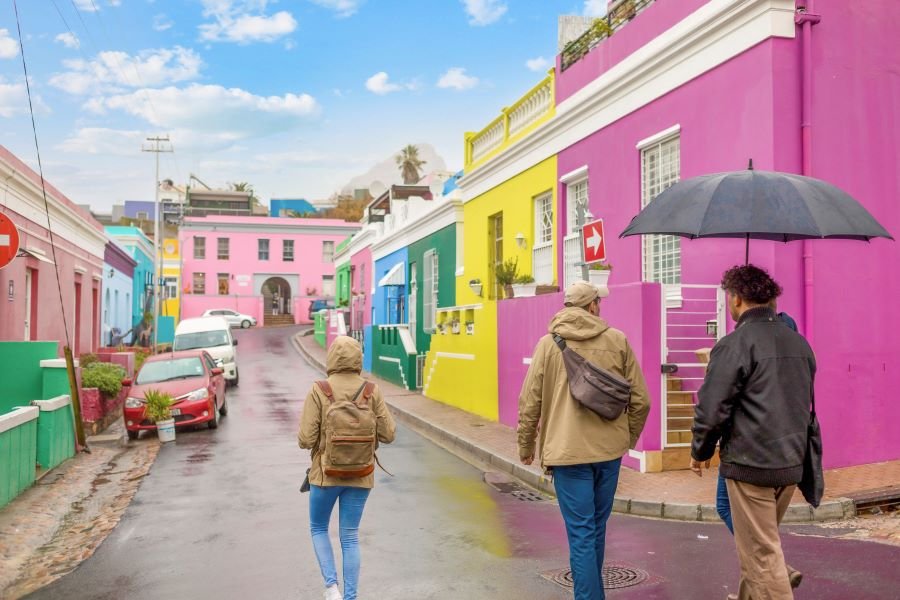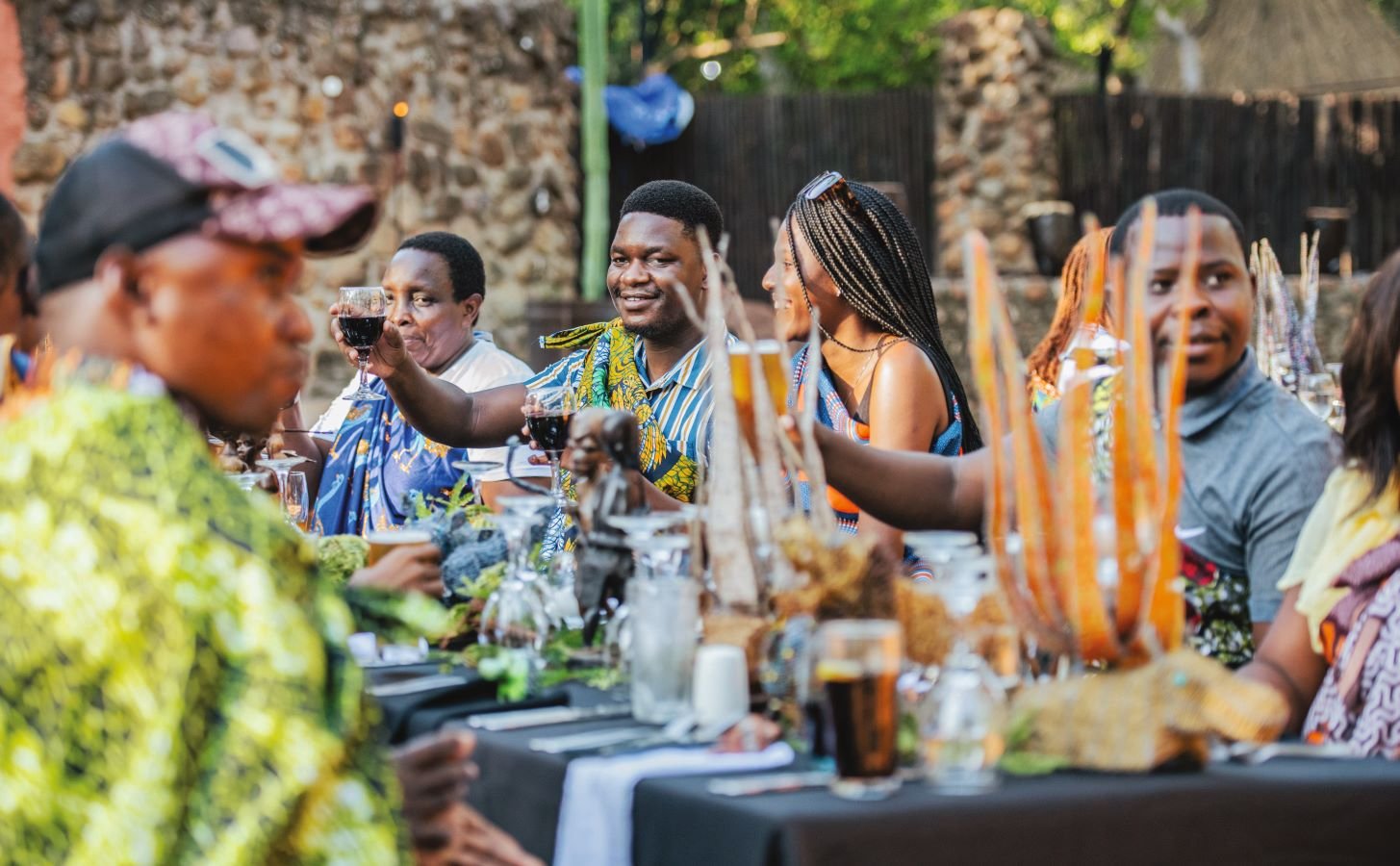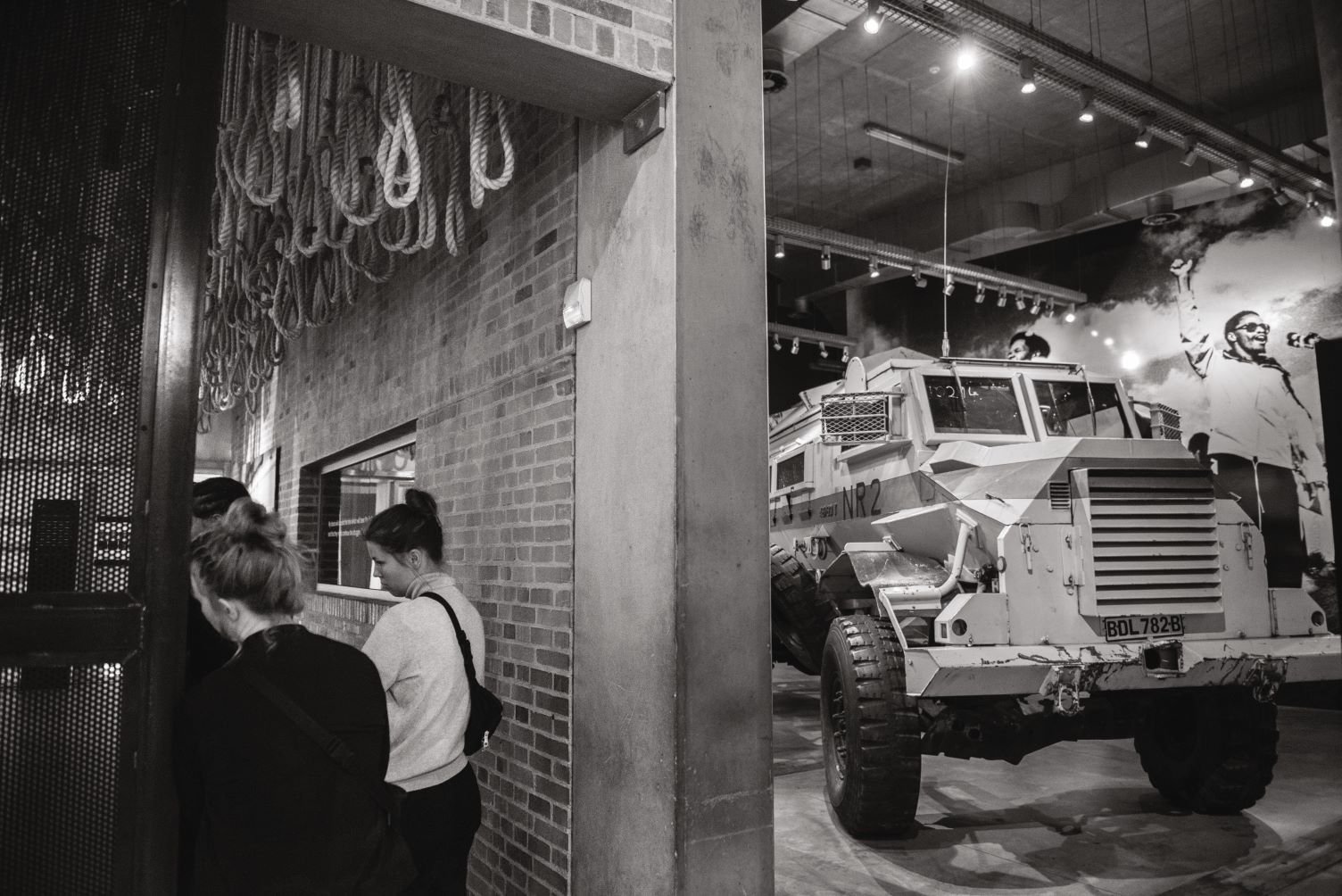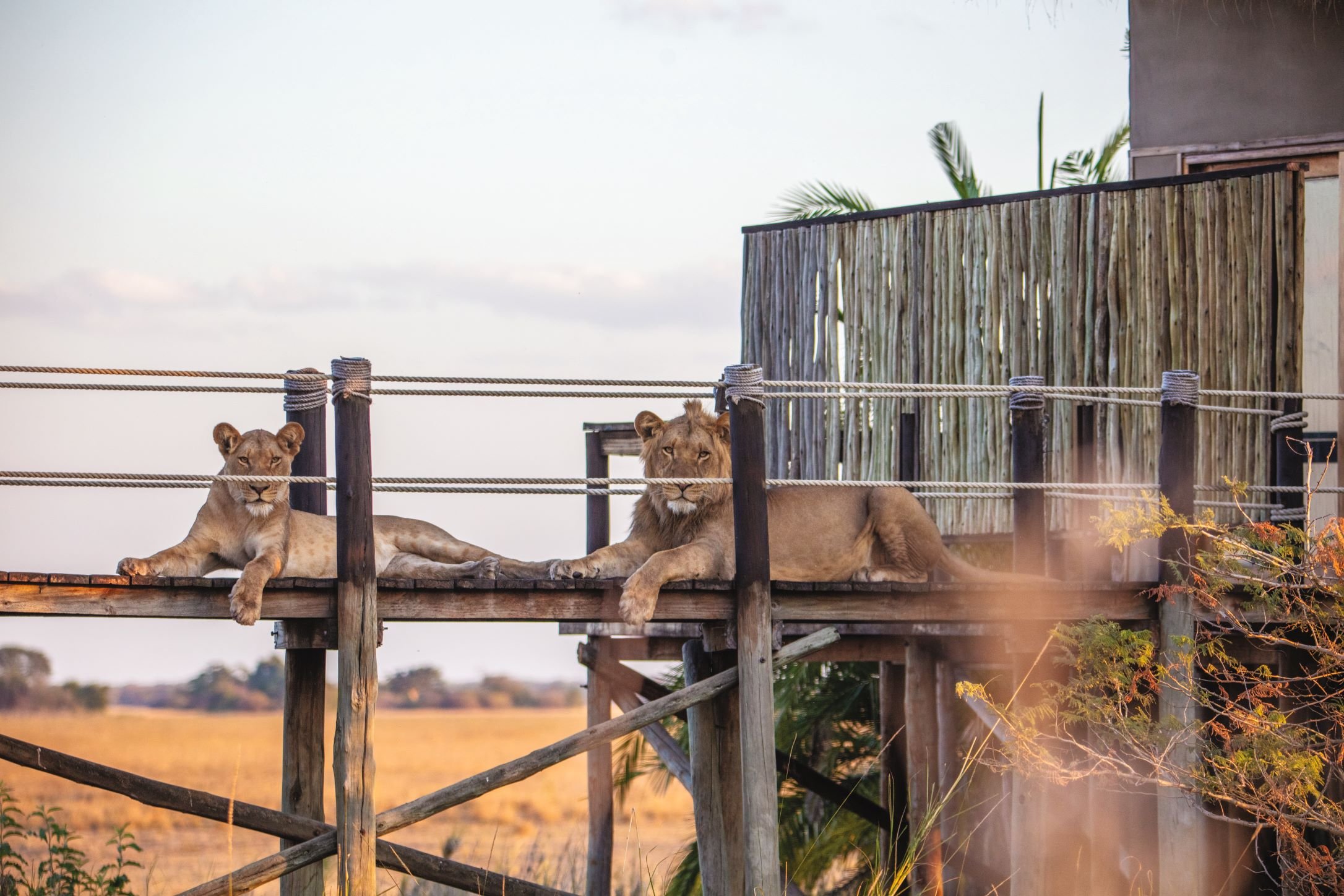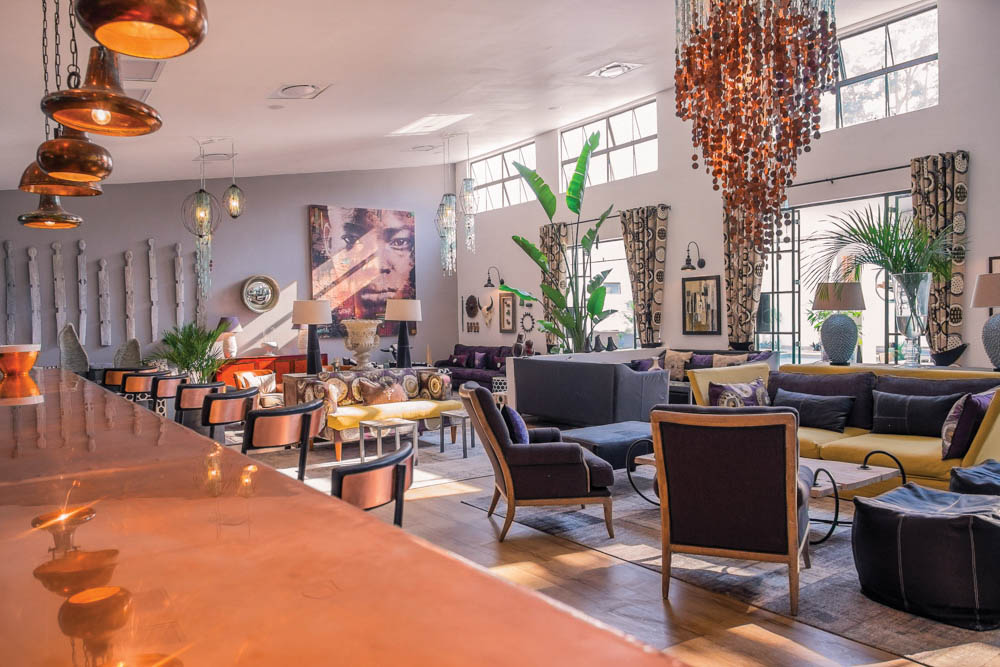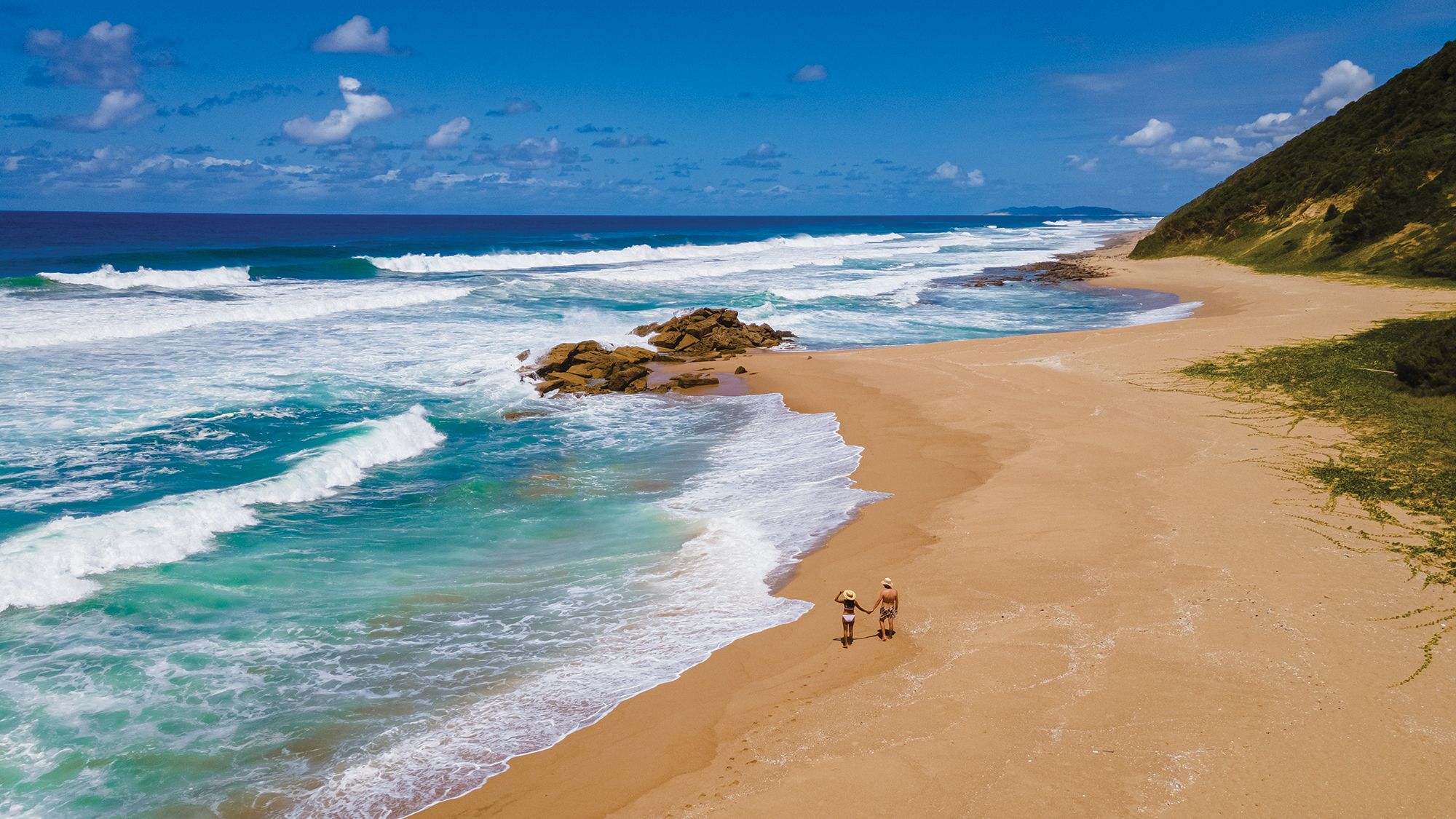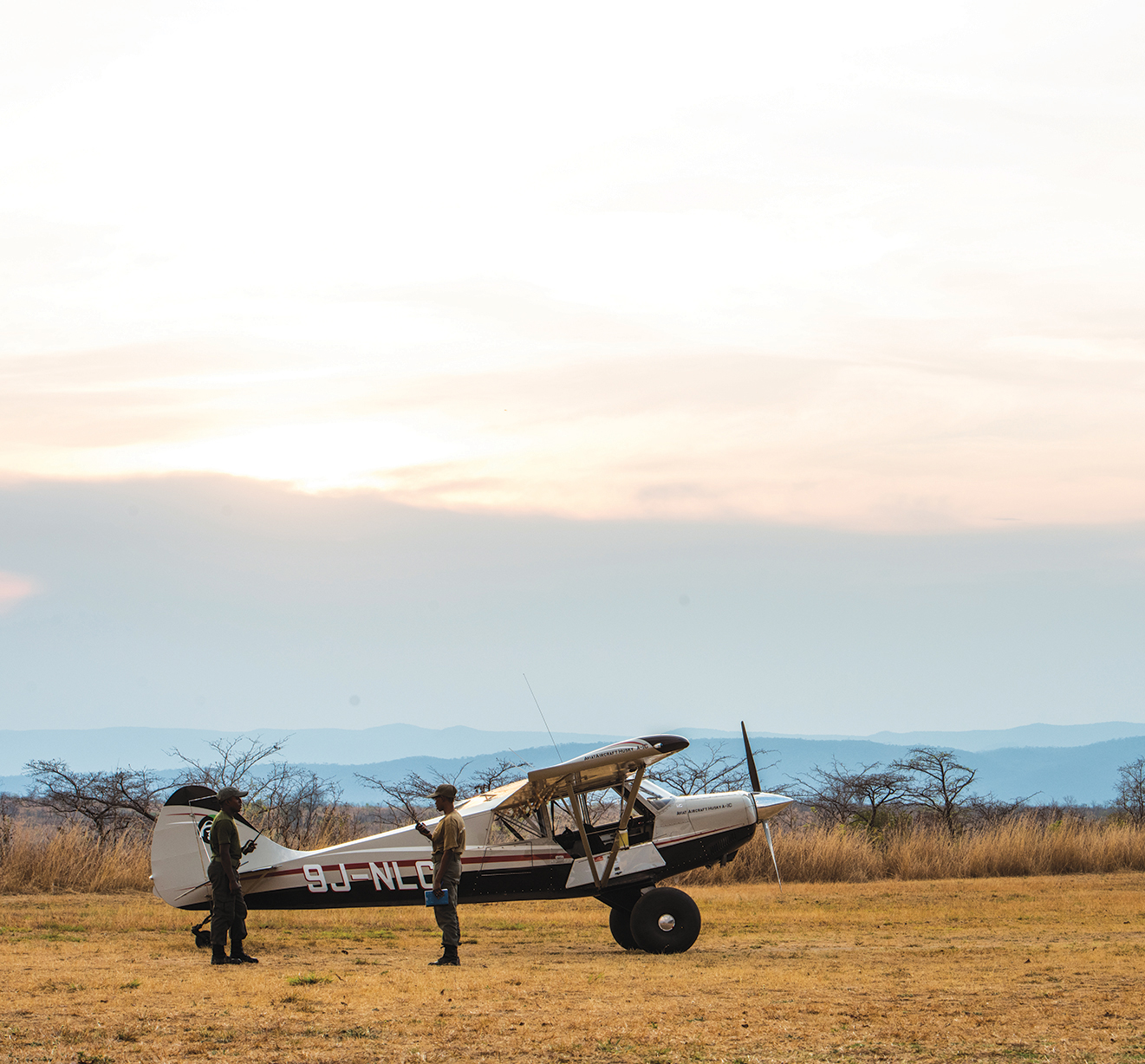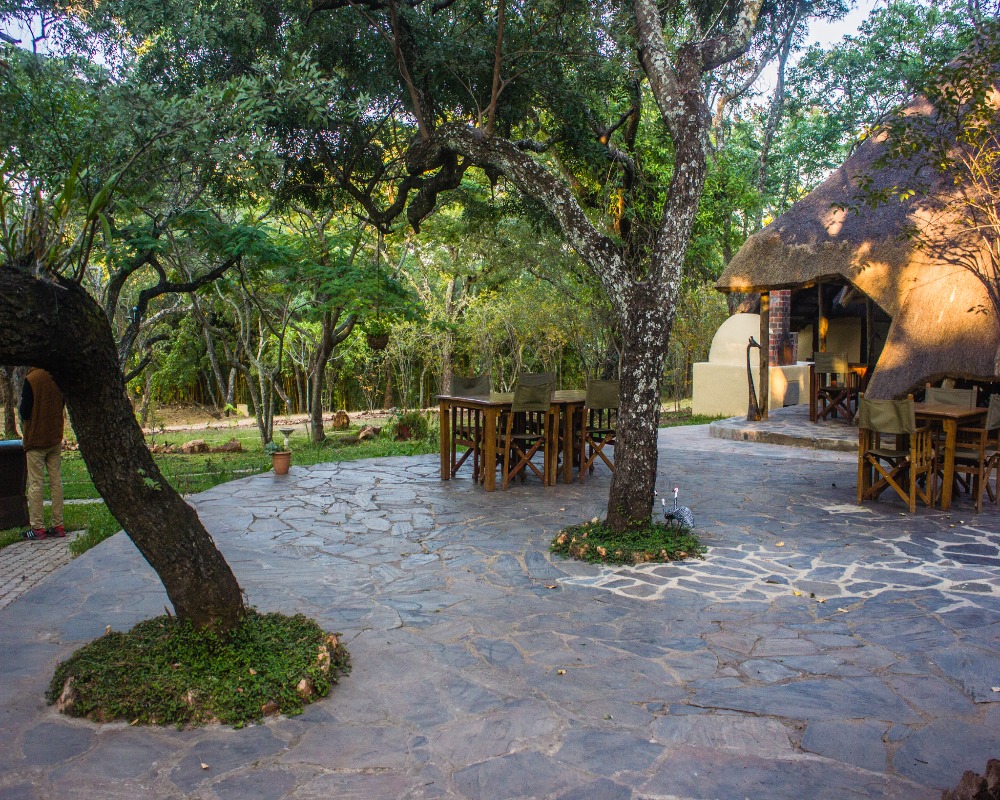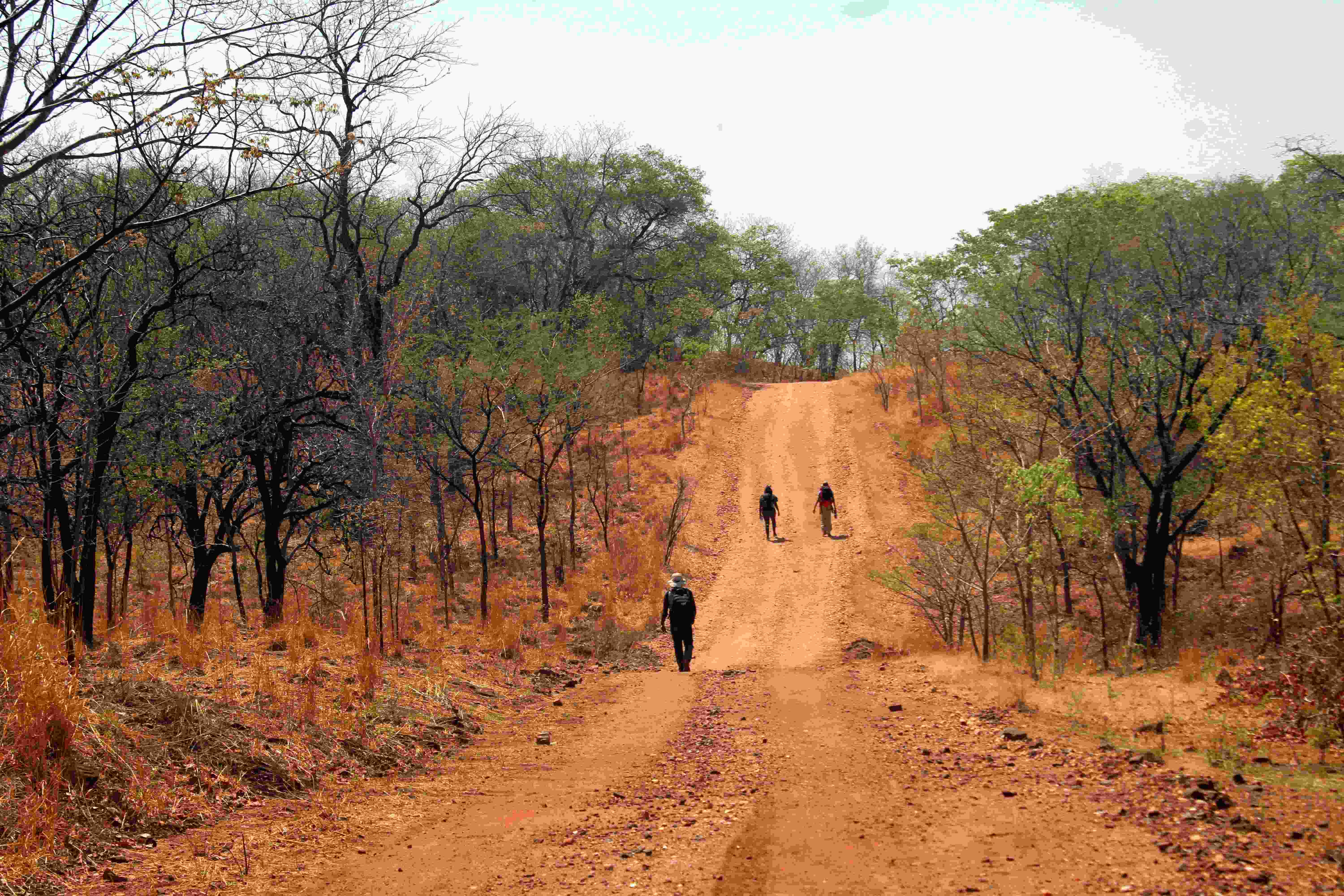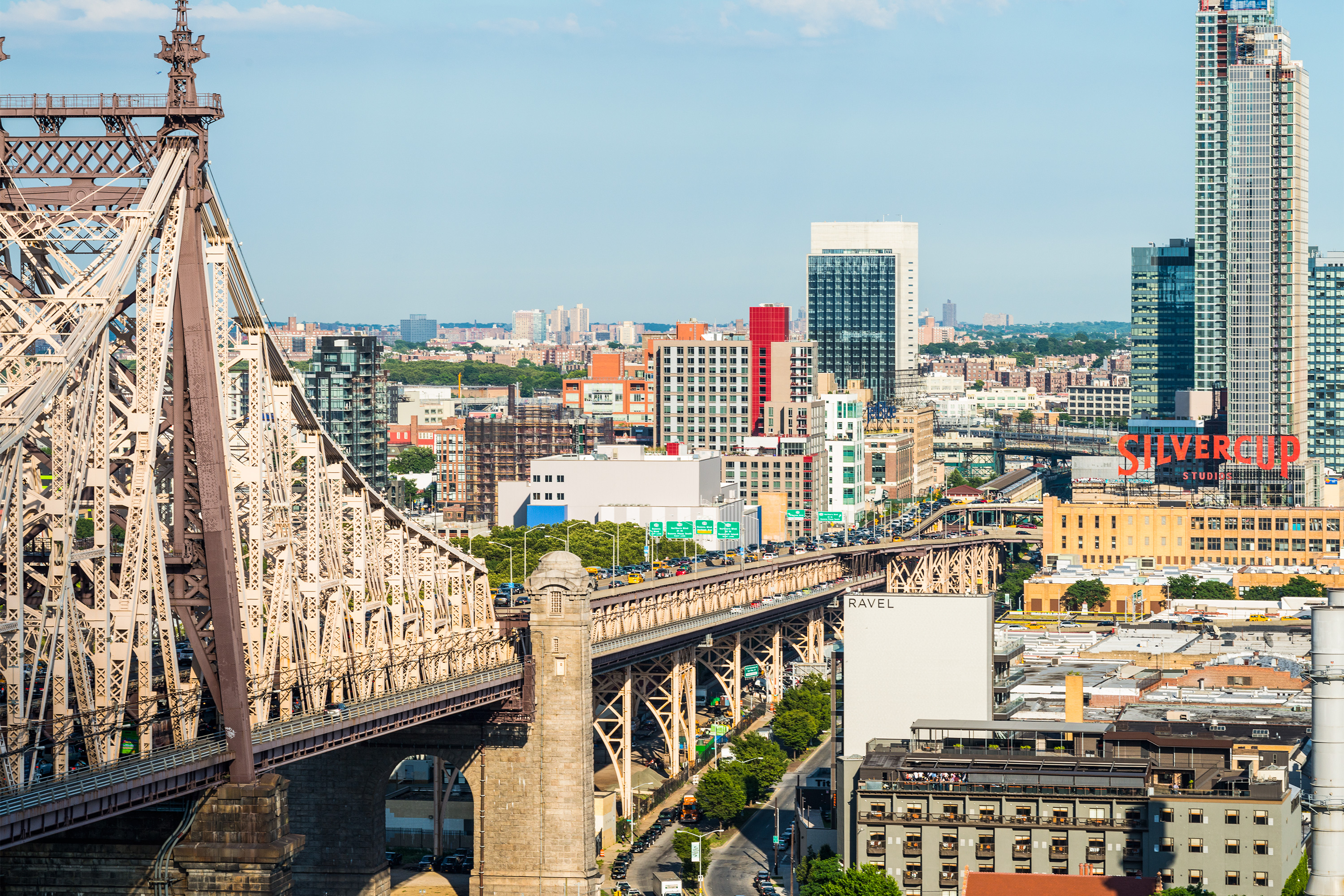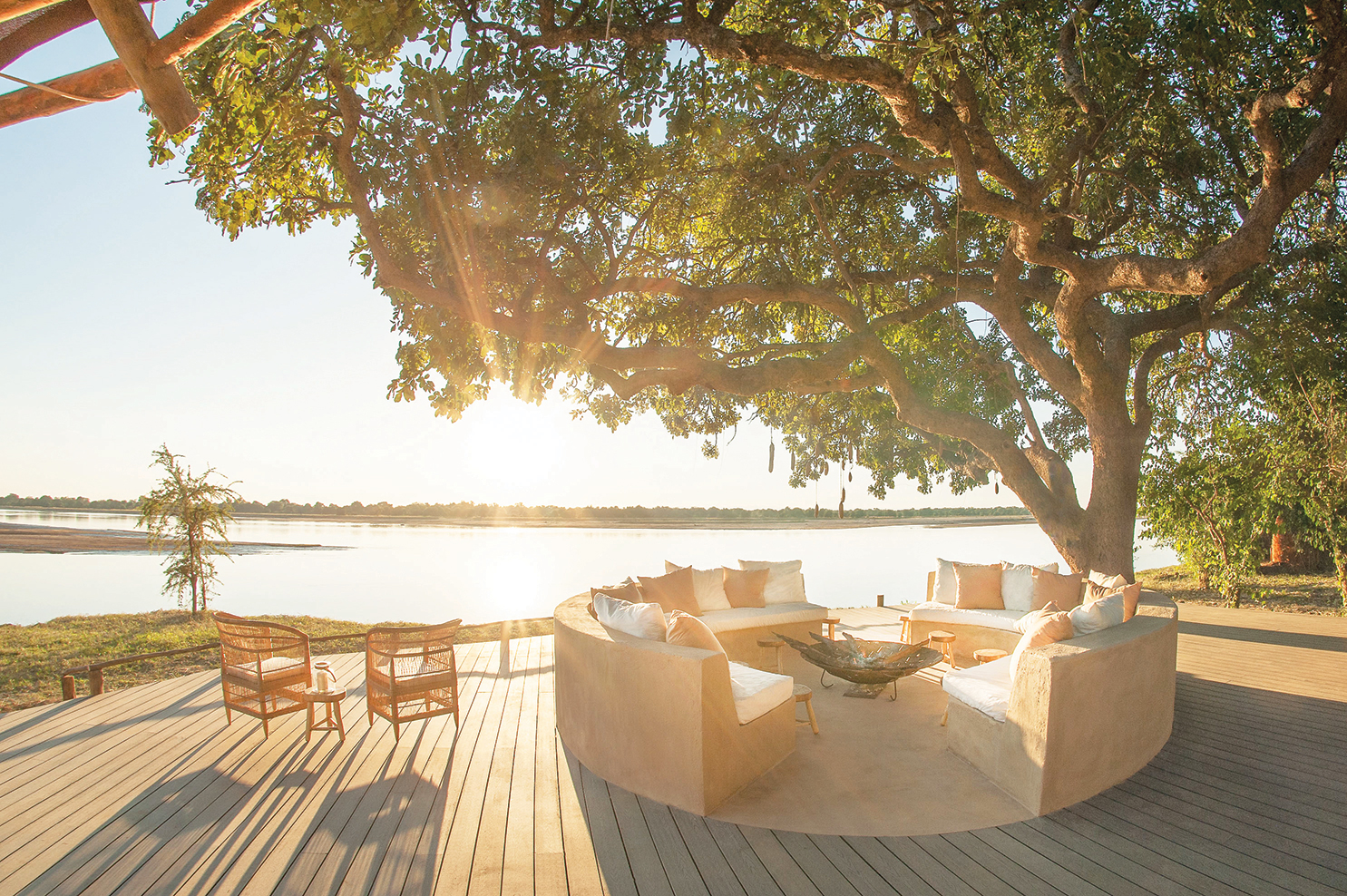Fun facts
- The national drink of Morocco is mint tea.
- A number of major TV shows and movies, including Troy, Gladiator and Game of Thrones, have been filmed in Morocco.
- There is only 13 kilometres separating Morocco and Spain. On clear days you can see Spain from the Moroccan coast.
- Africa’s highest ski resort, Oukaïmeden, is located in the Atlas Mountains of Morocco.
- Tangerines were named after the Moroccan city of Tangier, where the citrus fruit is said to have originated.
Something for everyone
- Charming coastal towns
- Desert tours
- Historic sites
- Culinary delights
- Best African destination for wellness retreats
Few countries have captivated visitors to the extent that Morocco has. The North African kingdom is a dream destination for many and is among the top three most visited countries in Africa, along with Egypt and South Africa. Morocco is popular with everyone from backpackers to travellers with big budgets, solo travellers to couples seeking a romantic getaway or families seeking quality time. Its geographical diversity is among the many reasons people visit Morocco. From the Rif and Atlas mountain ranges, to the Sahara Desert and the coast, you can have vastly different experiences. Not to mention the bustling cities, as well as the Berber villages. Being a part of North Africa and the Middle East and a stone’s throw away from Europe, Morocco is a land where cultures intersect.
You may find Morocco disorienting, especially on your first visit, as you navigate the labyrinth of streets in ancient medinas. From the bohemian Tangier to the Insta-worthy Chefchaouen and the culture capital of Marrakesh to Fez, one of the most outstanding medieval cities in the entire Middle East, it is not easy to narrow down one’s recommendations. And how could I not mention artsy, modern Casablanca? Needless to say, Morocco isn’t short of enchanting destinations.
Rabat is the capital of Morocco but only the seventh largest city. The honour of largest city goes to Casablanca. And while not always top of visitors’ itineraries, underrated Rabat is a charming historic city with outstanding architecture. It’s as Insta-worthy as Chefchaouen, minus the tourist hordes.

Sand, sea and sun
Whether you seek sandy beaches or desert sands, Morocco has something for you. If you have the time, you must experience both. Morocco borders both the Atlantic Ocean and the Mediterranean Sea, with over 1,700 kilometres of coastline. The sun worshippers and beach bums are drawn to Morocco as are those who enjoy watersports such as surfing, wakeboarding, windsurfing, jet skiing and sailing.
Agadir, Al Hoceima, Essaouira and Mirleft are some of Morocco’s best beach towns. Agadir is often top of the list for visitors craving a coastal getaway as it has a reputation for being the most developed beach town and having in place plenty of tourist facilities. The walled fortress town of Essaouria, aka the ‘wind city’, is known for sports like kitesurfing and windsurfing (and also being one of the locations where Game of Thrones was filmed). Al Hoceima has a plethora of beaches and gorgeous views of the Rif Mountains. Mirleft is great if you want to visit somewhere a little off the beaten track; it is better known to domestic tourists than international visitors. And while Casablanca and Tangier aren’t promoted as beach destinations per se, they do have some lovely beaches as well.
Caption: Bordered by both the Mediterranean Sea and Atlantic Ocean, Morocco has miles and miles of coastline with breathtaking views.

Sahara safaris
While in Morocco let yourself be enticed by the golden sands of the colossal Sahara.
From the beach sands to the desert sands, a desert excursion in Morocco would be the trip of a lifetime. The Sahara Desert is over 9 million square kilometres and covers 11 countries, including Morocco. You can arrange a desert trek with a tour company and explore part of the Moroccan section of the world’s largest hot desert. Even the journey to the desert is spectacular. You venture through mountains, Berber villages, rock formations and verdant valleys. Do note, the Berbers were the first inhabitants of Morocco and it’s always worth getting insights from the oldest inhabitants of the land. Once you set up camp in the desert you can explore by camel or 4×4 vehicle. Visitors trek to see the dramatic sand dunes that form in the desert. In the Erg Chigaga area they can reach dizzying heights of up to 300 metres.

Roman ruins
Morocco’s Roman era ruins are perfect for visitors with an interest in ancient history, archaeology and architecture.
Not many people visit Morocco’s Roman ruins in comparison to other attractions. But that’s not a problem. Who needs the crowds anyway? These ruins are remnants of a time when the country was a colony of the Roman Empire.
The ruins of the ancient city of Volubilis are the best preserved from the time of Roman rule. If you choose to visit only one archaeological site, let this be it. Volubilis, named a UNESCO World Heritage Site in 1997, is conveniently located between the cities of Meknes and Fez. It is amazing to walk through the site and think this was once a prosperous city. The passage of time, the rise and fall of empires, looting and an earthquake have left Volubilis a shadow of its former self. However, as you walk past a triumphal arch, thermal baths, the Temple of Jupiter, the olive press, mosaics in what were people’s homes and city streets you can start to imagine a time when the area was filled with life.
Other sites where you’ll find Roman era ruins are Sala Colonia and Lixus. The former found within the Moroccan capital of Rabat and the latter being about two hours’ drive from Rabat.

Experience the everyday
When you’re a tourist it is quite easy to get only a superficial experience of a place and fail to connect with locals and local culture. For example, you can head to a resort town, spend your days on the beach with other tourists and leave having interacted with few locals and having learnt little about your host country.
One of the best things about Morocco is the food and one way to experience everyday life of Moroccans is to partake in some of the most popular local foods. A step above that is learning to cook the food yourself and there are a number of organisations, restaurants, riads, families and individuals that offer cooking classes to tourists. Couscous dishes, tagines, pastillas, various types of bread and desserts are some of the dishes you can learn to prepare.
As noted earlier, mint tea is the national drink of Morocco. It is sometimes called Berber whiskey though it doesn’t contain any alcohol. The tea is an important part of Moroccan social life and a symbol of Moroccan hospitality. Many Moroccans will have it daily and it is not restricted to any time of day. Participate in the ritual of enjoying mint tea like the locals. There are rooftop cafes where you can have this staple drink but often at a hefty price. Alternatively you can get your fix in the winding alleyways of the souks at a more reasonable price. Though nothing quite beats having mint tea at a local’s home.

Cleanse body and spirit
Hammams or public bathhouses are a normal part of Moroccan life in cities and villages alike and across various sectors of society. These steam rooms give locals and visitors a chance to have a thorough, relaxing clean; scrubbing away their stresses. As more people seek wellness treatments Moroccan bathhouses have become more popular.
The bathhouses, hotels, spas and resorts are offering a wide array of treatments using local ingredients (oils, clays, herbs, etc.) touted to have healing qualities. For locals visiting a hammam is not just about rejuvenation and beauty, it’s also a social occasion. Depending on your preference however, you can have a more communal bathhouse experience or arrange for a private one. Invigorating face masks, body scrubs and massages are some of the pleasures available in the hammams.
